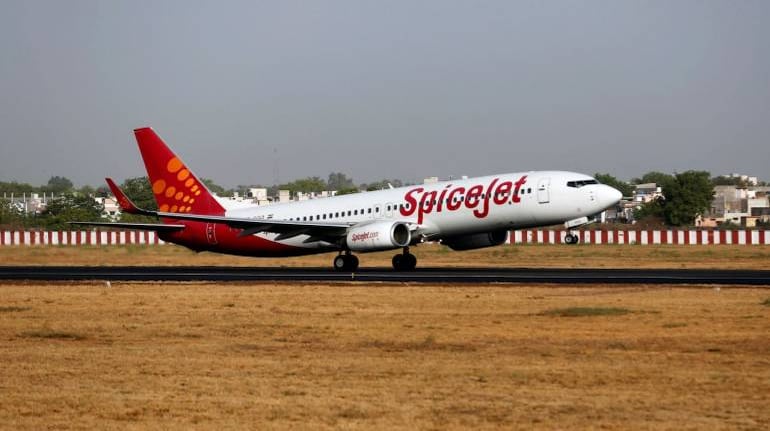



SpiceJet had taken a one-time relief of two to three months towards payment of one lessor in September, as the airline - like its peers - faced liquidity crunch because of rising fuel costs and depreciating rupee.
Last week, rating agency CRISIL had downgraded the bank facilities of SpiceJet from stable to negative, reflecting the pressure airline is facing due to "significant increase in the operating cost and limited ability to pass on the increased cost to customers due to intense competition."
The airline although issued a statement saying that the downgrade is an industry phenomenon.
"The downgrade is an industry phenomenon and we continue to outperform the industry on financial metrics. However, with regards to one single lessor mentioned in the CRISIL report we had taken a one-time relief of 2-3 months to better manage cash flows during the lean month of September 2018," SpiceJet said in a statement.
In a sale and lease back model, airlines purchase aircraft, before selling them to leasing companies from whom they lease the planes back. This helps airlines keeping the costs low.
SpiceJet's peers Jet Airways and IndiGo are also facing strong challenges in a market that is marked by huge demand but constrained by poor infrastructure and intense competition keeping fares low.
While Jet is looking at several options, including phased payment of salaries, to cut costs, ICRA downgraded the long-term rating of IndiGo's bank facilities.
Weakened liquidity
The CRISIL report added: "SpiceJet was expecting some cash infusion from the sale and lease back transactions that got delayed due to late delivery of the new aircraft. Hence, liquidity profile has weakened."
In the last three months, price of aviation turbine fuel (ATF) have gone up by 10 percent. Fuel costs account for up to 40 percent of the total operating cost.
The rupee too depreciated by 7.9 percent over the same period. CRISIL said that about 35-40 percent of the costs (lease and maintenance) are dollar denominated.
Also, it didn't help that the delivery of the Boeing 737MAX aircraft was delayed. This led to liquidity mismatch, said the report, as the company was to receive healthy profits on sale and lease back transaction.
SpiceJet had "comfortable liquidity, with cash and bank balances of Rs 248 crore as on March 31, 2018," it added.
The report concluded: "SpiceJet has taken several steps in addressing its costs and liquidity issues. Ability to pass on the increased cost to consumers, timely infusion of cash from sale and lease back transactions and resultant impact on liquidity profile will remain key monitorables."
Discover the latest Business News, Sensex, and Nifty updates. Obtain Personal Finance insights, tax queries, and expert opinions on Moneycontrol or download the Moneycontrol App to stay updated!
Find the best of Al News in one place, specially curated for you every weekend.
Stay on top of the latest tech trends and biggest startup news.